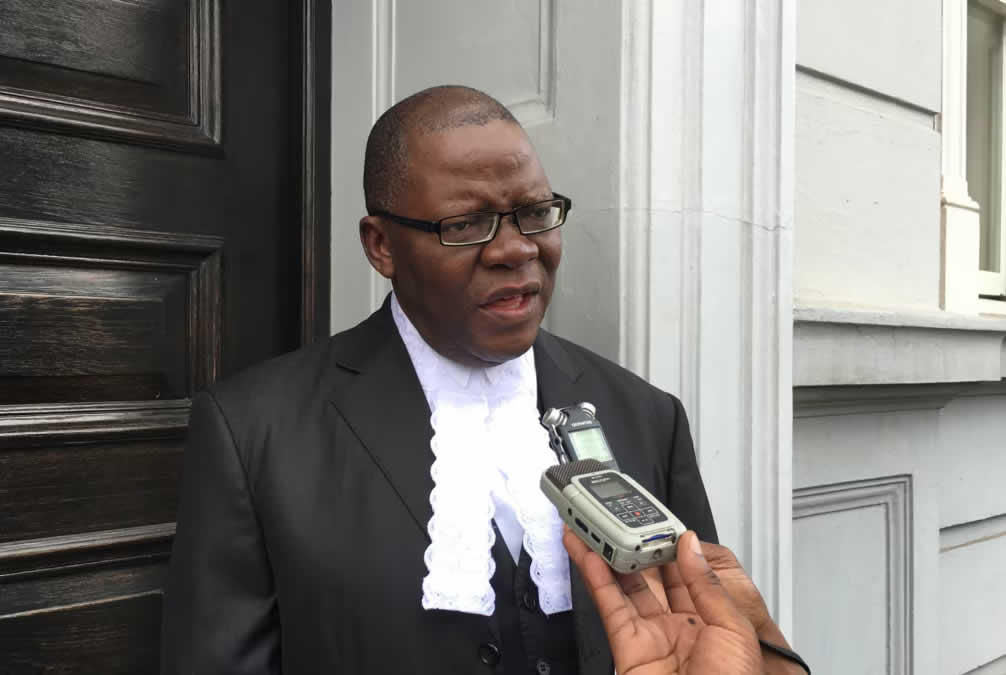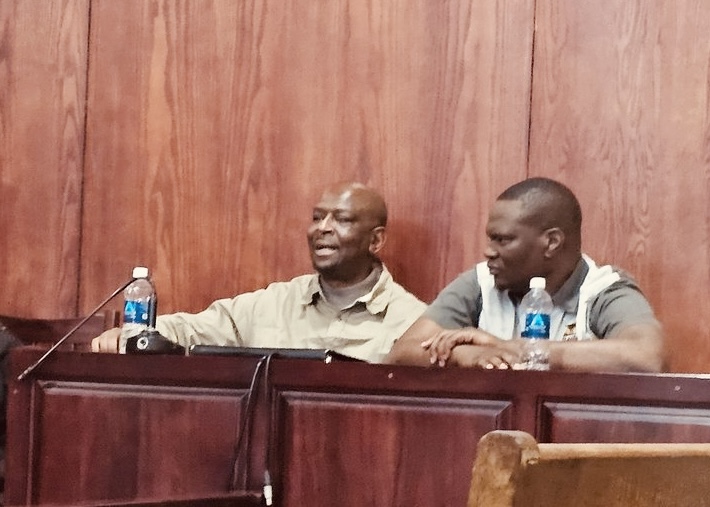HARARE — The High Court has delivered a landmark ruling declaring parts of Zimbabwe’s abortion law unconstitutional, finding that provisions of the Termination of Pregnancy Act violate several fundamental rights, particularly the rights of mentally ill women and victims of sexual abuse in mental health institutions.
Justice Slyvia Chirawu-Mugomba, handing down judgment, ruled that section 4(a) of the law governing the circumstances under which a pregnancy may be lawfully terminated “to the extent that it excludes mental health” fails to meet constitutional standards and unjustifiably limits key rights such as dignity, equality, and the right to health.
The applicants, the Community Working Group on Health and Member of Parliament Nyasha Batisa, challenged the constitutionality of the law, arguing that it discriminates against mentally ill women by permitting pregnancy termination only under narrow physical-health exceptions.
They sought declarations that both s 4(a) and the definition of “unlawful intercourse” in s 2(1) of the Act are unconstitutional.
In a detailed 25-page ruling, Justice Chirawu-Mugomba found that the law’s failure to recognise mental health as a basis for accessing safe and lawful abortion imposes a discriminatory and unconstitutional burden on women with mental health challenges.
The judge noted that the applicants had “well-articulated the impact of the exclusion of mental health as a ground to access safe abortion,” concluding: “Therefore, s 4(a) in my view, to the extent that it excludes mental health, does not meet the standards enunciated in the constitution…
“It is clear that women with mental health challenges are treated differently when it comes to the permissible health-related grounds for termination.”
Justice Chirawu-Mugomba rejected the argument by the minister of health that mental health risks were already implicitly covered under “life-threatening” physical conditions, holding that such an interpretation would be “not explicit” and left vulnerable women without clear legal protection.
She emphasised that mental health is integral to overall health, citing evidence of “genuine challenges women experience with mental health, including those that may arise after childbirth.”
The judge also held that the definition of “unlawful intercourse” in s 2(1) is unconstitutional because it fails to include sexual abuse defined under s 106 of the Mental Health Act, which criminalises sexual intercourse with mental health patients.
The judge said in the November 11 ruling: “Excluding mental health in the definition of unlawful intercourse, as proscribed in s 106… denies women in such circumstances access to safe abortion services.”
She found that the omission violates multiple constitutional rights, including the right to life (s 48), dignity (s 51), equality (s 56), and reproductive health (s 76), noting that mentally ill women “face legal and procedural barriers to accessing necessary reproductive healthcare.”
The judgment sharply criticised the inconsistency between the Termination of Pregnancy Act and the Mental Health Act, observing: “The inconsistency between these legislative frameworks undermines the principle of equality before the law.”
While acknowledging parliament’s primary role in law-making, the judge said that courts are constitutionally required to intervene where rights are unjustifiably limited.
She noted: “Judicial intervention is necessary to uphold constitutional rights, fill legal gaps, or develop the law in line with evolving social values.”
The court considered whether to “read in” new provisions – a remedy used where a statute is unconstitutional due to an omission – but concluded that the applicants had not framed their requested relief with sufficient precision.
The judge ultimately declared portions of s 4(a) and s 2(1) unconstitutional but suspended the declarations, as required by section 175 of the constitution, pending confirmation by the Constitutional Court.
The judge ordered: “The above declarations of constitutional invalidity are suspended until such time as the Constitutional Court has confirmed the same… The above order… is referred to the Constitutional Court for confirmation.”
No order as to costs was made.
Rights lawyer Tendai Biti brought the application on behalf of Batitsa and the Community Working Group on Health.















